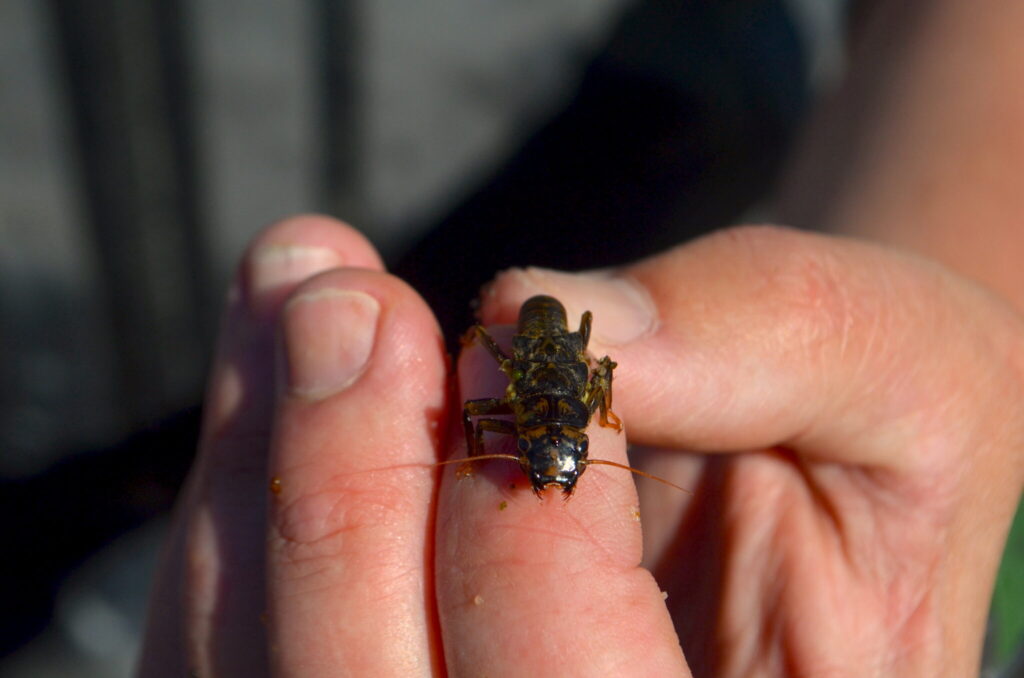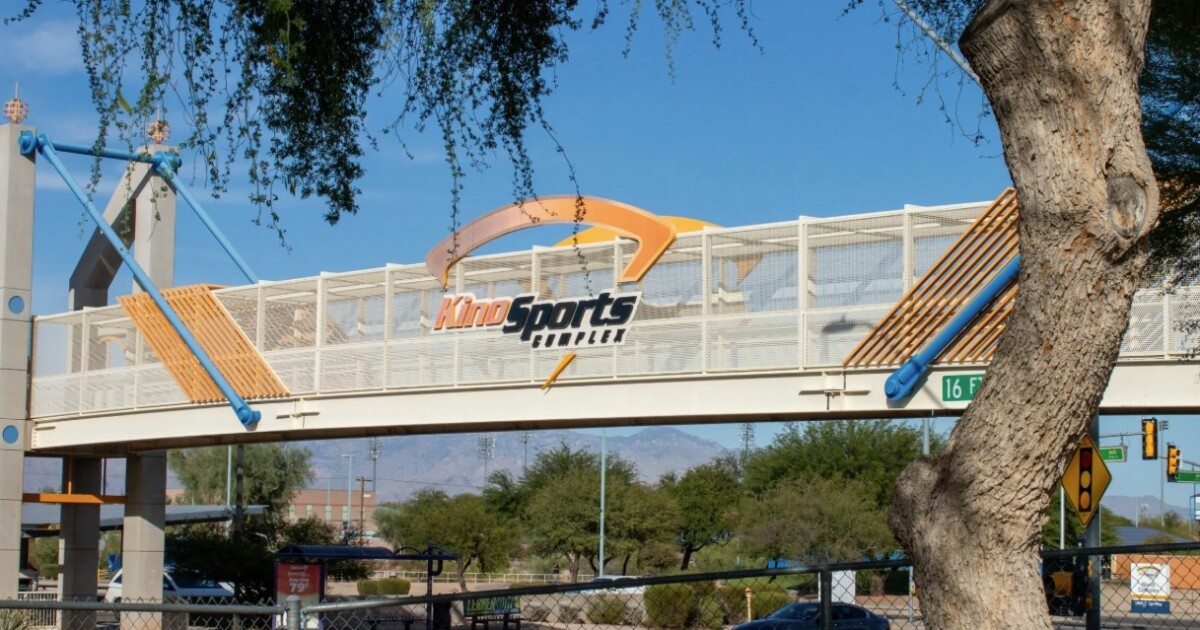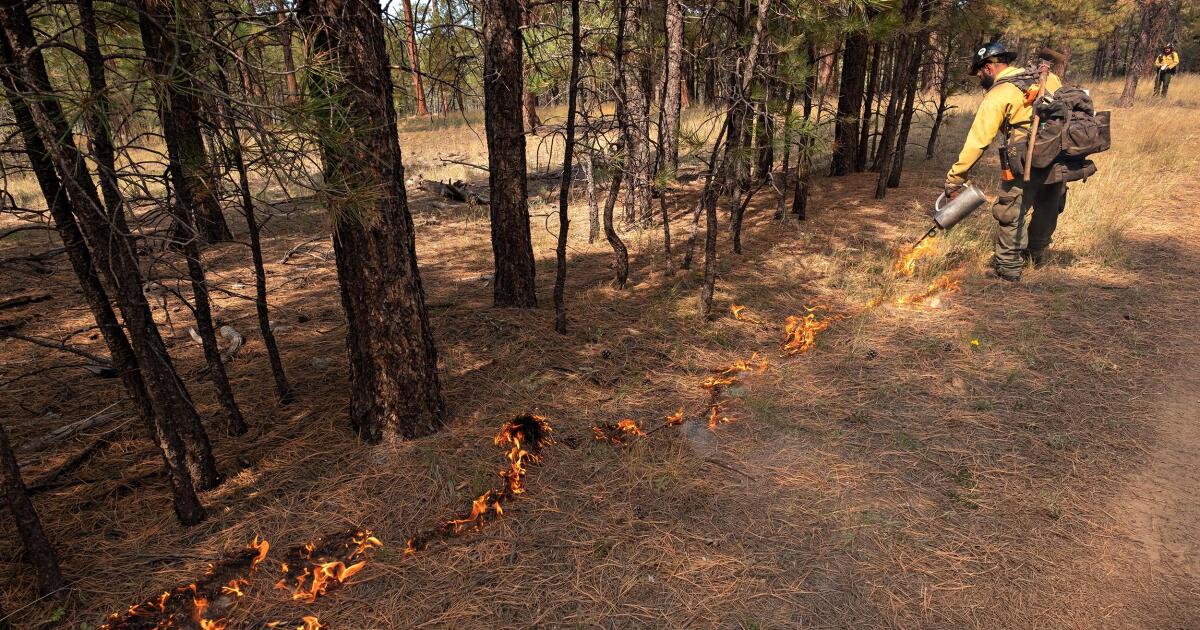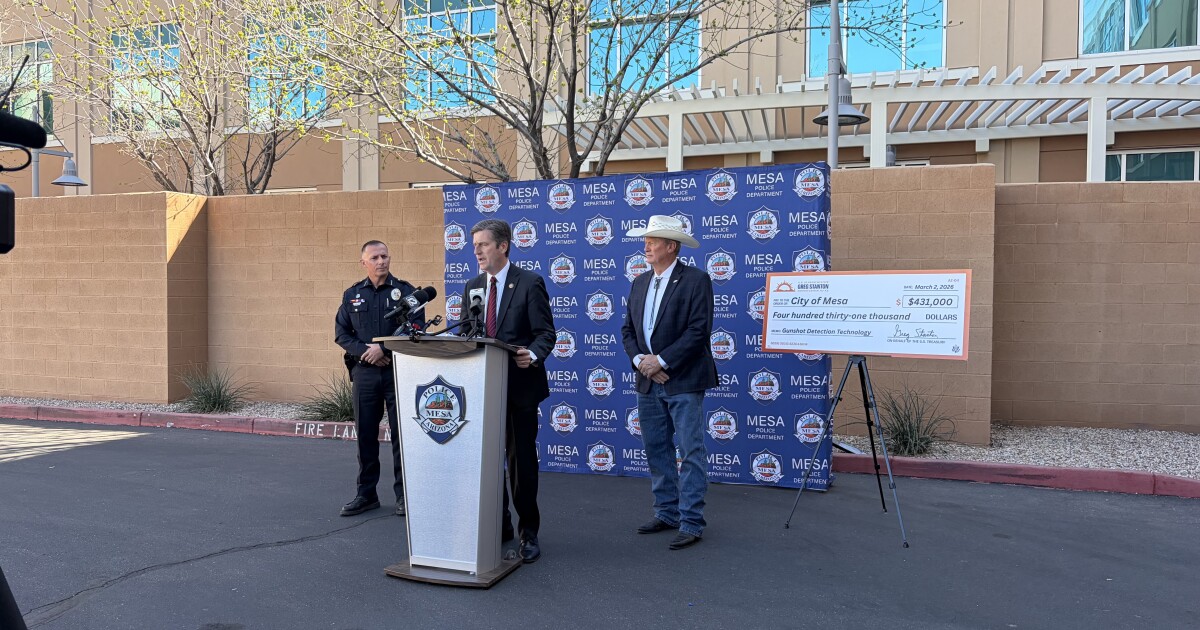TWIN BRIDGES – Brian Wheeler, a river guide and conservationist, has dedicated six years to studying the Big Hole River’s health by sampling macroinvertebrates. This effort involves scrubbing rocks and collecting bugs, revealing crucial insights into the river’s condition. Fish populations in Montana’s renowned rivers, including the undammed Big Hole River, are declining, prompting Wheeler and others to investigate the causes. “If we’ve learned anything across the nation with resource destruction, it’s these places aren’t just automatically gonna stay that way forever,” Wheeler stated.

Brian Wheeler, now the program director of Save Wild Trout, works with the Upper Missouri Waterkeeper to investigate declining trout populations in southwestern Montana. Their goal is to collect and provide scientifically valid data that state agencies currently lack. “We researched like, ‘OK, what are their protocols? What lab do they use? What are the scientific metrics that we have thresholds for, like nitrogen, phosphorus, dissolved oxygen?'” Wheeler explained.
A recent report by Save Wild Trout highlighted warm temperatures and low oxygen levels in the Jefferson River Basin, with water temperatures reaching 80 degrees in summer 2024. Low nighttime oxygen levels, often due to algae blooms, are also a concern. In 2023 and 2024, Save Wild Trout monitored four rivers, including the Big Hole, using thermal imaging equipment. The data collection is labor-intensive, with Wheeler estimating he has done about 200 bug samples since 2019.
Wheeler uses a Hess stream bottom sampler to collect macroinvertebrates. The sampler is placed in the water, and rocks are scrubbed to capture tiny creatures like midges and salmon flies, crucial to the aquatic food web. These samples offer insights into broader ecological issues. “A healthy river for aquatic life is a healthy river for the rest of us,” Wheeler said.
Save Wild Trout’s research has produced a 178-page macroinvertebrate report, with a decade-long study planned. Wheeler’s work involves extensive travel, collecting data loggers, which have faced vandalism and theft. He emphasizes the emotional and economic significance of the river, stating, “If you’ve got a resource that’s struggling because people make their living on it, people appreciate it beyond the economic value or the ecological value.”
Despite challenges, Save Wild Trout collaborates with Montana Fish, Wildlife and Parks, and Montana State University researchers on a fish mortality study. Wheeler believes in the importance of data collection, noting, “We started this program, we didn’t know if the river was better, worse or the same as it has been 20 years ago, because there was no data to show that.”
—
Read More Montana News









